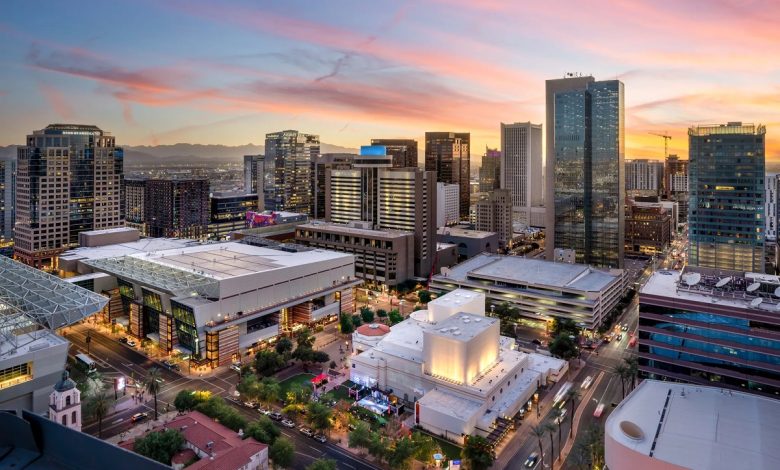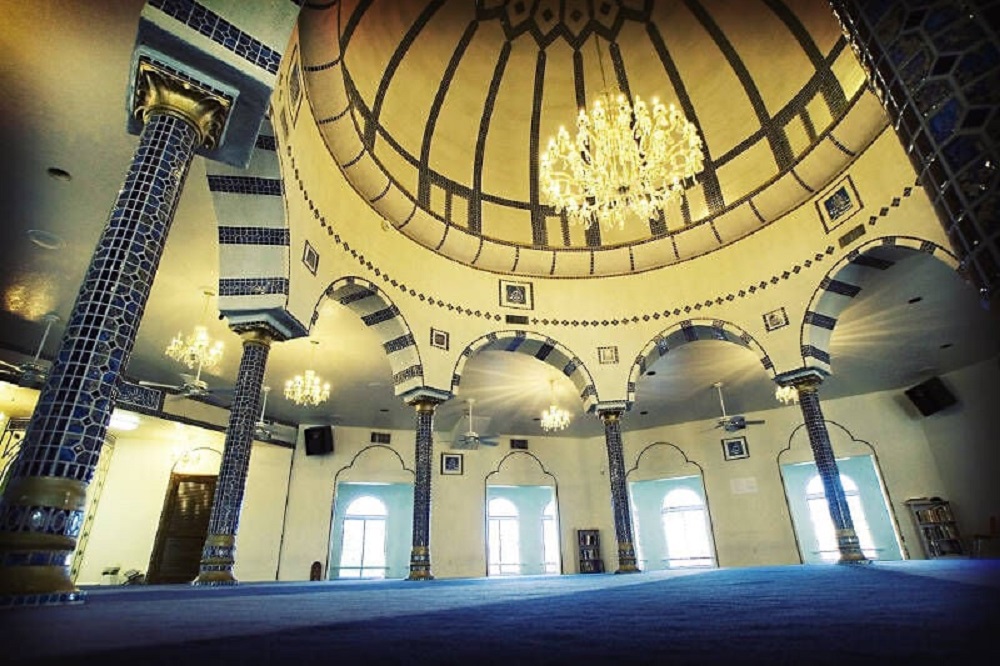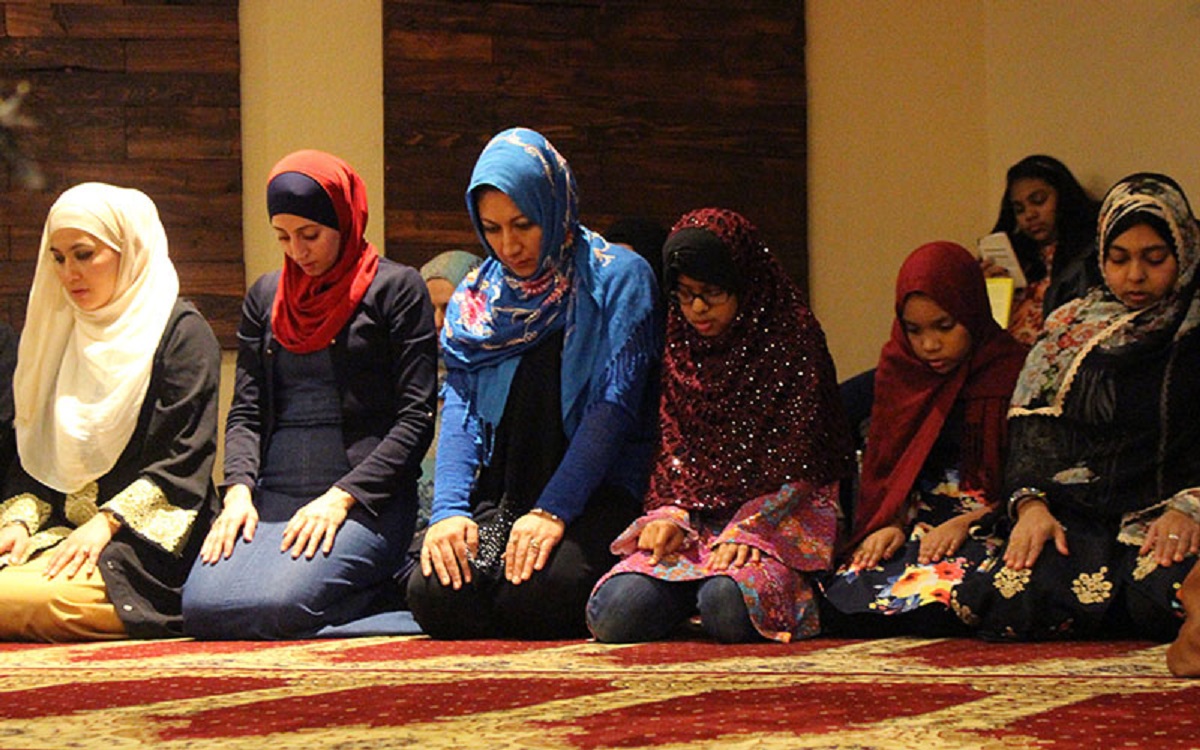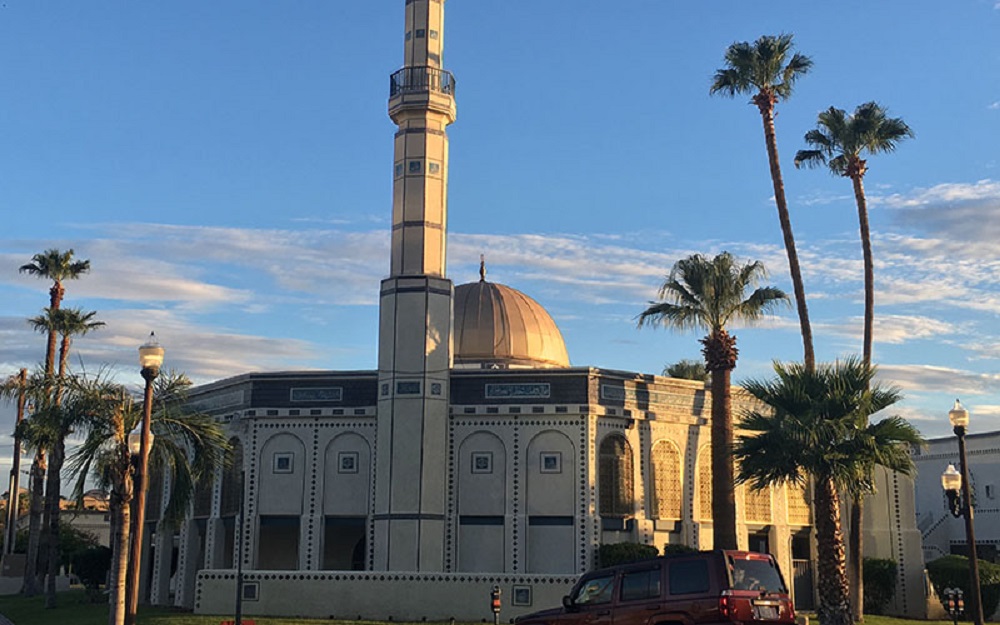Muslims in Phoenix: Community Size, Mosques & Cultural Life in the Valley of the Sun
An in-depth look at the Muslim population in Phoenix, Arizona — numbers, mosques, schools, & how the community grows and contributes

Phoenix, part of the greater Phoenix-Mesa-Scottsdale metropolitan area, is home to a growing, diverse Muslim community. While exact numbers are hard to pin down due to lack of frequent race/religion‐based census data, several sources give us insights into the size, infrastructure, and activities of Muslims in Phoenix.
Population & Estimates
-
According to the Pew Research Center Religious Landscape Study, about 1% of adults in the Phoenix metro area identify as Muslim.
-
In 2016, the “Muslim Community Prospering in Arizona” report noted that the state has over 50,000 to 60,000 Muslims, though that is a rough estimate for all Arizona. Phoenix holds a significant share since it is the largest metro area in the state.
-
Earlier historical data, from the Harvard Pluralism Project, estimated at least 10,000 Muslims in the Phoenix metro area (though that was decades ago, likely undercounting current numbers).
Putting these together, a plausible current estimate for Muslims in Phoenix metro might be tens of thousands, possibly 60,000-100,000+, depending on immigration, refugee resettlement, birth rates, and community growth.

Mosques, Islamic Centers & Schools
Phoenix area has a substantial number of mosques and Islamic institutions, supporting worship, education, and community services:
-
There are ~14 mosques in Phoenix listed among ~44 total mosques in Arizona. Phoenix comprises about 32% of the state’s mosques.
-
The Islamic Community Center of Phoenix (ICCP) is one of the major mosques. Its congregation is often cited to number between 50,000-70,000 Muslims in the area it serves.
-
The Islamic Center of Tempe (ICC Tempe Mosque) is another large center; it serves a very diverse congregation (75+ nationalities), offers social services, a school (Noor Academy), and other community programs.
-
Arizona Cultural Academy, in south Phoenix, is a full-time Islamic K-12 private school, showing the demand for Muslim education in the area.
Community Composition & Culture
-
Muslims in Phoenix come from many backgrounds: Middle Eastern, South Asian, African, refugee groups (e.g., from Iraq, Afghanistan, etc.), plus converts.
-
Languages spoken in mosque congregations include Arabic, Urdu, Farsi, various African languages, etc., reflecting the diversity.
-
Community institutions deliver not just regular prayers, but also educational programming, social services (e.g. funeral services), interfaith dialog, charitable works.

Challenges & Growth Opportunities
-
Data scarcity: There is no recent reliable count of Muslims by city in many official sources; estimates are often broad and may lag behind reality.
-
Need for infrastructure: As the community grows, demand increases for more mosques, larger gathering spaces, Islamic schools, halal businesses, etc.
-
Integration and representation: Like many Muslim populations in the U.S., Phoenix Muslims face challenges of visibility, inclusion, and sometimes prejudice. But many local organizations work to build bridges and promote understanding.
Why Phoenix Is Significant for Muslims
-
Immigrant and refugee destination: Phoenix has been one of the U.S. metro areas receiving people from Muslim-majority countries under refugee and immigration programs.
-
Diversity in worship and culture: The mix of Sunni, Shia, and various ethnic sub-communities helps create a rich cultural mosaic, with many countries of origin represented.
-
Growing halal economy: Businesses, schools, and mosques are becoming more established, showing that the Muslim population is increasingly organized and visible in civic life.

Conclusion
Yes — there are Muslims in Phoenix, and their community is active, diverse, and growing. While precise numbers are not always available, estimates suggest tens of thousands live in the city and the metro area, with many mosques, Islamic schools, and cultural institutions meeting their needs. As the community continues to develop, Phoenix’s Muslims are adding to the social and cultural fabric of the Valley of the Sun.



